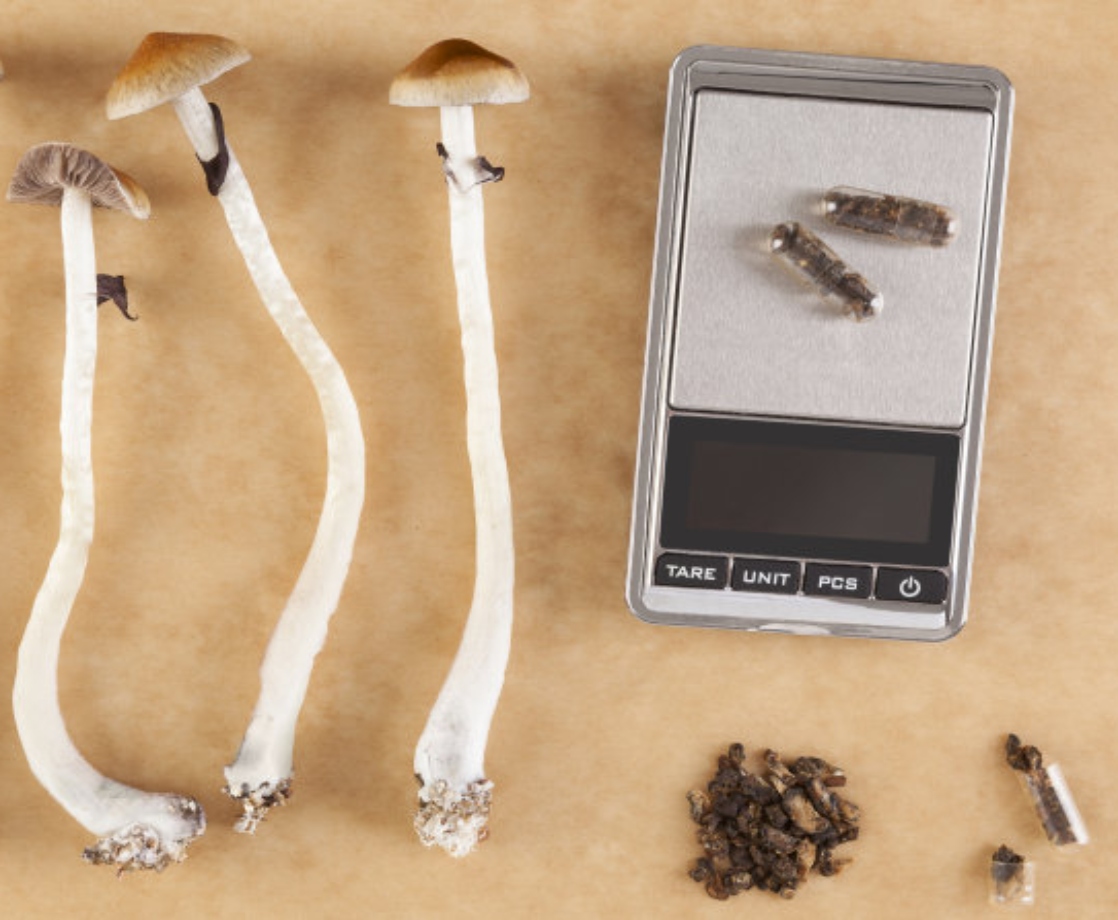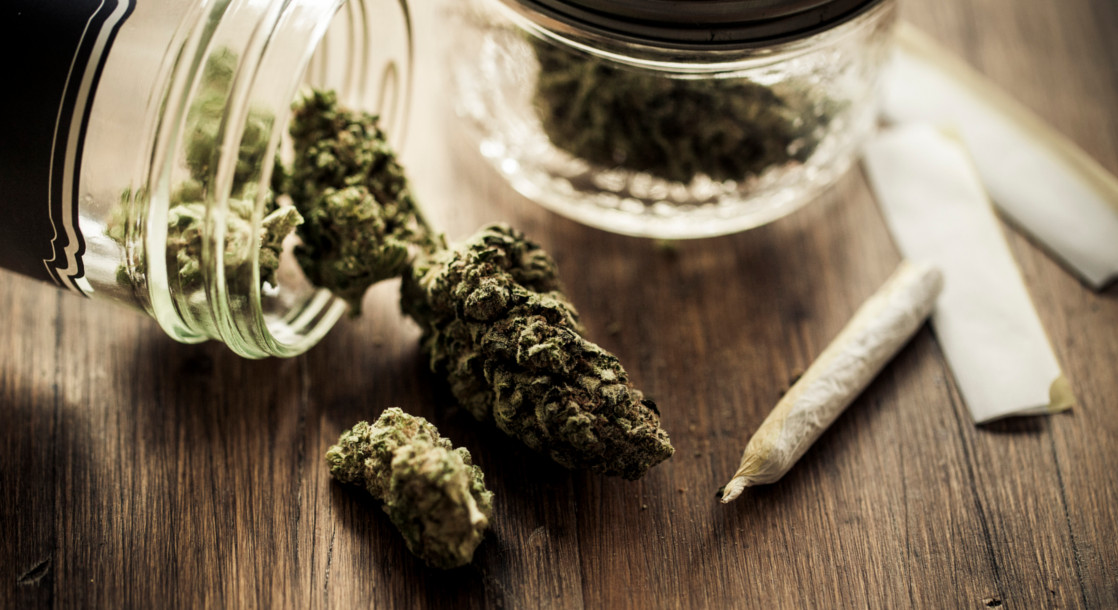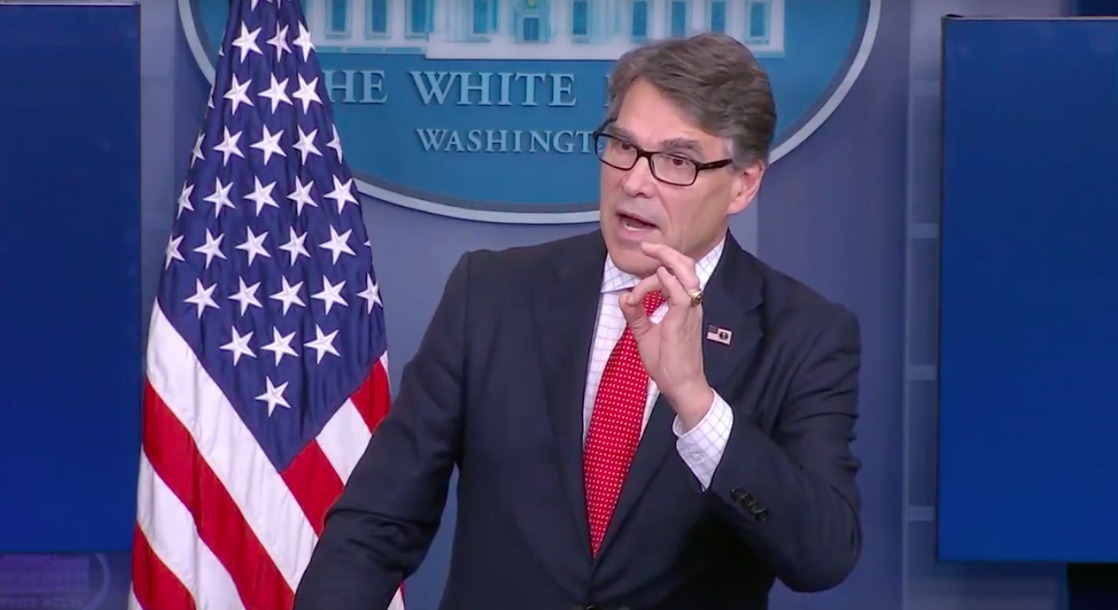Image via
Nearly 80 percent of people who have microdosed psilocybin, LSD, or other hallucinogens report improvements in their mental health, a new study published in the Psychopharmacology journal reports.
An international team of researchers from Australia, Germany, and the US conducted this study to collect more information on the increasingly popular practice of microdosing. “The regular consumption of very small doses of psychedelic drugs (known as microdosing) has been a source of growing media and community attention in recent years,” the authors explain. “However, there is currently limited clinical and social research evidence on the potential role of microdosing as therapies for mental and substance use disorders.”
The researchers conducted an international online study seeking input from individuals who were either currently microdosing or had tried it in the recent past. Out of 1,102 people who responded to the survey, 39 percent said they were microdosing to help improve their mental health. Specifically, 21 percent said they were microdosing to help improve their depression, 9 percent for PTSD or other mental disorders, 7 percent for anxiety, and 2 percent to help with substance abuse issues.
The study reports that 79 percent of all respondents said that microdosing improved their overall mental health. Forty-four percent said their mental health was “much better” after microdosing, and about 36 percent said their mental health was “somewhat better.” Nineteen percent reported no change in their mental health, and less than two percent said that their mental health had deteriorated since microdosing.
About 85 percent of the respondents said they had previously been in therapy or had been prescribed traditional pharmaceutical drugs to treat their mental health issues. Out of all respondents who were taking these medications, “half (50.6%) reported having ceased antidepressants and 39.7% reported having ceased other psychiatric medications,” the study reports, according to PsyPost.
The study also reports that “respondents who had been microdosing for a longer duration were also more likely to be motivated to microdose for mental health. This may suggest that microdosing is working for these people, and that they are continuing to microdose as an ongoing therapy to replace or supplement psychiatric medications, some with the knowledge of their doctor and/or psychotherapist.”
While promising, this study is limited by the fact it relies entirely on the self-reporting of individuals who have decided to try microdosing on their own. Still, the present research adds to the growing body of evidence suggesting that psilocybin, LSD, and other psychedelics could be more effective at treating mental health issues than traditional pharmaceuticals.
“While we await the findings of clinical trials, which could take some years, people will continue to self-manage their health with microdosing,” the authors conclude, according to PsyPost. “It is therefore important to monitor people’s microdosing practices and experiences in the long term in order to provide appropriate harm reduction resources and other support.”
Several major clinical trials on microdosing kicked off last year, and while most have yet to present their findings, one recent study has found that microdoses of LSD can reduce acute pain as effectively as oxycodone or morphine. And another recent study has found that LSD microdoses can improve mood and attention, but higher doses may also increase anxiety.











